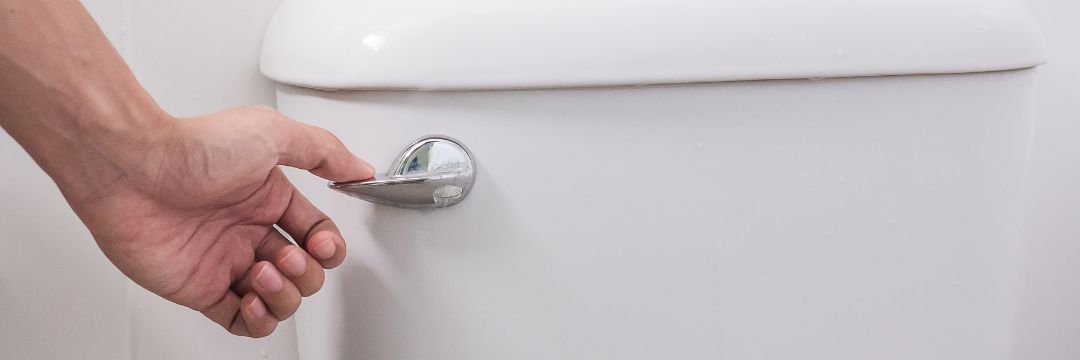As anyone who has had kidney stones will tell you, they can be incredibly painful and irritating. They are hard, compounded collections of salt and other minerals that can pass through the urinary tract. Sometimes, these stones can become so large that they block the urinary tract and need to be surgically removed. Thankfully there are treatments available for those who are prone to kidney stones, as well as ways of preventing new ones from forming.
How Do People Get Kidney Stones?
A kidney stone forms when too much of certain minerals in your body accumulate in your urine. This can happen when you’re dehydrated because your urine becomes more concentrated with higher levels of certain minerals. When these mineral levels are high, a kidney stone can easily form. The stones form inside the kidney, but they can travel to other parts of the urinary tract. They vary in size, from a fraction of an inch to a few inches, to the size of the entire kidney.
How Are They Treated?
Depending on the size of your kidney stone(s), there are different options for treatment. Treatment for kidney stones vary, depending on the type of stone and the cause.
If you have small stones with minimal symptoms, you may be able to pass the small stones by drinking lots of water. Drinking as much as 2 to 3 quarts (1.9 to 2.8 liters) a day can help flush out your urinary system. If your doctor approves, drink enough fluid — mostly water — to produce clear or nearly clear urine. Unfortunately, passing a small stone can cause some discomfort. Your doctor may recommend pain relievers such as ibuprofen, acetaminophen, or naproxen sodium (all found in over-the counter pain reliever products) to reduce any pain. If your pain is severe, your doctor may give you a special medication, known as an alpha-blocker, to relax the muscles in your ureter, and help you pass the kidney stone more quickly and with less pain.
If your kidney stones are too large to pass on their own or if they cause bleeding, kidney damage or ongoing urinary tract infections, more extensive treatment may be needed. One such procedure is the use of sound waves to break up stones called extracorporeal shock wave lithotripsy (ESWL). ESWL uses sound waves to create strong vibrations (shock waves) that break the stones into tiny pieces that can be passed in your urine. Removing stones in your ureter or kidney may require your doctor to pass a thin lighted tube (ureteroscope) through your urethra and bladder to your ureter. With this procedure, they can capture or break the stone(s) into pieces that will pass in your urine.
Larger stones may need to be removed through a surgery called percutaneous nephrolithotomy, which involves surgically removing a kidney stone using small telescopes and instruments inserted through a small incision in your back. Some kidney stones are caused by overactive parathyroid glands. When these glands produce too much parathyroid hormone (hyperparathyroidism), your calcium levels can become too high and kidney stones may form as a result. Your doctor may recommend treatment of the condition that’s causing your parathyroid gland to overproduce the hormone.
Be sure to speak with your urologist if you’re experiencing painful or difficult urination. Getting seen and potentially treated by a specialist sooner than later can make a world of difference in both pain level and time missed for treatment recovery. Explore your urology options with board-certified urologist Dr. Richard Natale, call Carolina Urology today. Book your appointment with our industry-leading experts today by calling (704) 786-5131.






